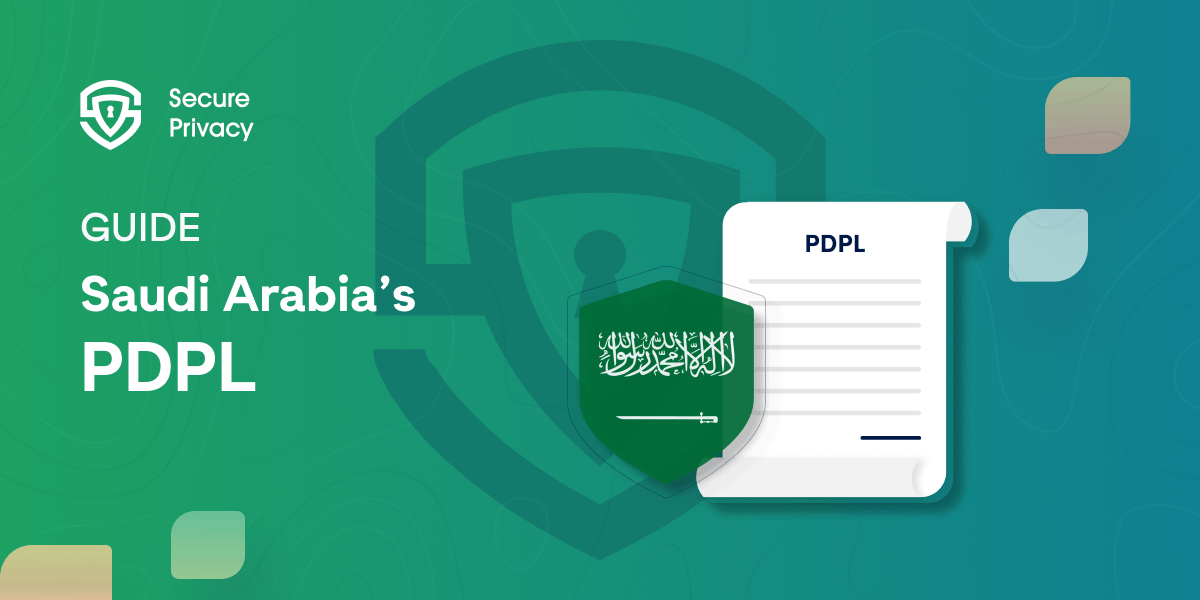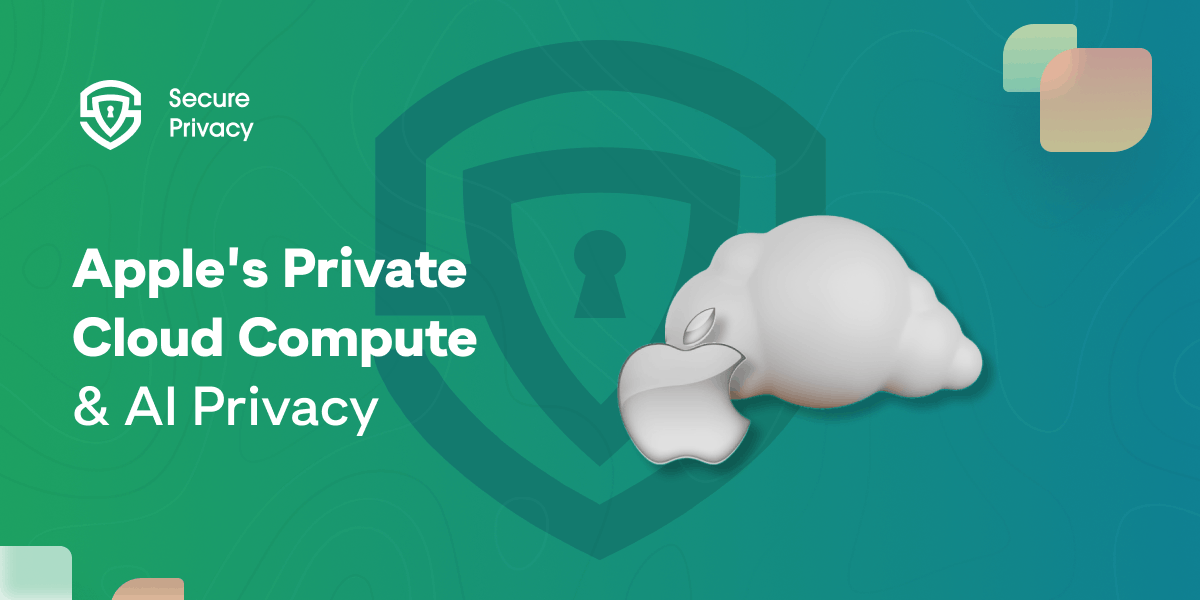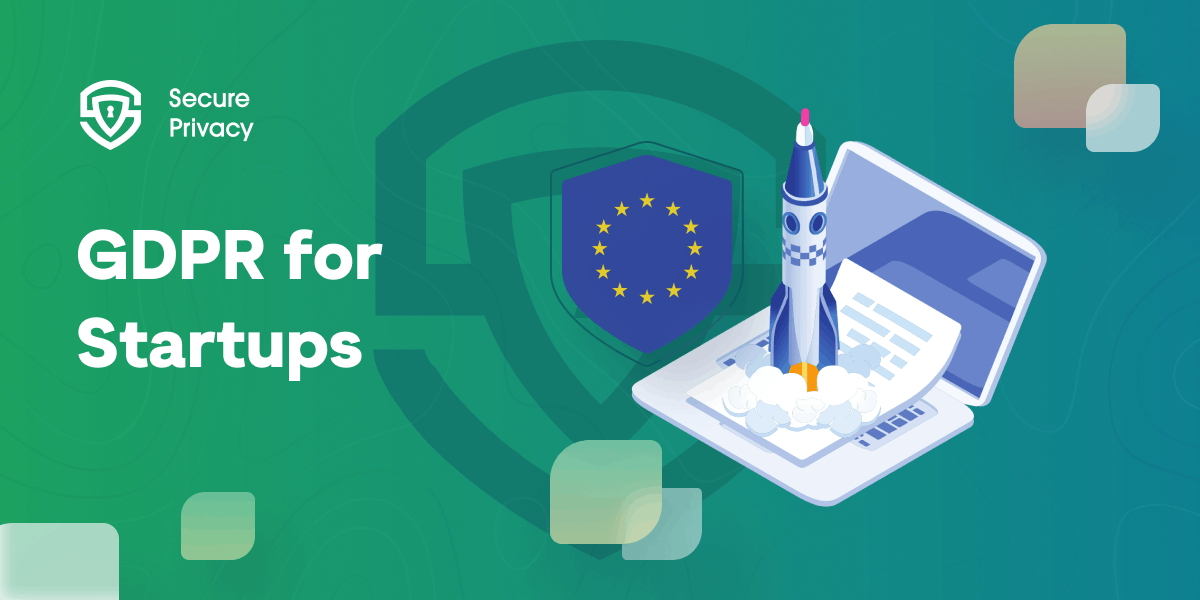
Explore the South African Protection of Personal Information Act (POPIA), its key provisions, compliance requirements, and the role of data protection in South Africa. Learn how to ensure your business adheres to this comprehensive data protection law.
The South African Protection of Personal Information Act (POPIA) is the most comprehensive data protection law in South Africa. Its commencement date is June 30, 2021, after a one-year grace period.
The POPI Act shares many similarities with the EU's General Data Protection Regulation (GDPR). It relies on the opt-in principle, which means that businesses must not process personal data without a legal basis, most often consent.
In this article, we will get into the details of the law, explain the basic requirements, and give you an idea of what you need to do to comply with it.
The South African Protection of Personal Information Act (POPIA) is the data protection law of South Africa.
It was passed on July 1, 2020, but came into effect one year later. It defines what personal data is and prescribes duties for controllers and processors. The duties involve being transparent to users about data practices, having a lawful basis for processing, and implementing appropriate safeguards to secure data in the organization and prevent data breaches.
It also grants data subjects rights to their data privacy.
Violations lead to penalties imposed by the information regulator.
The POPIA applies to persons and companies that process personal data that are:
It is the same extraterritorial applicability standard present in many other data protection laws globally. However, the POPIA differs from other laws because it does not cover businesses that just offer products or services to South African residents without automated or non-automated tools in South Africa.
Personal data under POPIA is any information relating to an identifiable, living, natural person and, where applicable, an identifiable, existing juristic person.
South Africa's Protection of Personal Information Act also lists a number of personal information categories to clarify that they are considered to be personal information. That includes data on race, age, mental health, sexual orientation, marital status, social origin, etc., as well as biometric data, education data, opinions, and others.
However, the definition is not limited to that list. Anything that identifies a person is personal information.
The POPIA relies on a number of principles that determine the rights and duties under the Act. These include:
Responsible parties are the persons or entities that make decisions about data processing. They decide that they need to process personal information, the methods, the third parties they would use, and so on. According to many laws, they are called data controllers.
Operators are the persons or entities that process the data on behalf of the responsible parties. In many laws around the world, they are called data processors.
POPIA data subject rights include:
When you receive a data subject request, you are obliged to respond to it within a reasonable time. There is no fixed time frame, like in many other data protection laws.
You must collect consent for personal information processing under the South African POPIA unless you have another legal basis for it.
The consent must be:
When it comes to the use of website cookies, you'll always need to obtain explicit consent.
You are obliged to publish a privacy policy on your website. It must include at least the following:
You can transfer personal information outside of South Africa freely as long as the third country where you transfer the data provides adequate data protection.
This includes regions like the European Union and countries with similar laws. In other cases, you can rely on Binding Corporate Rules.
POPIA requires you to notify the Information Regulator and data subjects of data breaches. If you are the operator, you must notify the responsible party, too.
The notification must include:
In addition, you must:
Under POPIA, the Data Protection Officer is called an Information Officer, and yes, you need to appoint one to ensure that your organization is compliant with the law.
The duties of the Information Officer involve:
The Information Officer must be registered with the Information Regulator.
The Information Regulator may impose monetary fines in the case of non-compliance with POPIA. Some violations may also lead to 10 years of imprisonment.
The monetary fine maximum by the Information Regulator is set at ZAR 10 million (around EUR 500,000 or $520,000).
Imprisonment of up to 10 years is possible in the case of obstruction of the Information Regulator, false witness claims, non-compliance with the Regulator's notices, and similar offenses.
Imprisonment of up to 12 months is an option in the case of a breach of confidentiality, failure to notify the data subject of the processing obstruction or execution of a warrant, and others.
You can comply with the South African POPIA cookie consent and privacy policy requirements with Secure Privacy. Our consent management platform is easily adjusted to most of the data protection laws worldwide.
Start your Free Trial

Explore the latest changes to Saudi Arabia's Personal Data Protection Law (PDPL). Learn about expanded data subject rights and new requirements for businesses.

Apple’s new Private Cloud Compute sets a new standard for AI privacy, ensuring sensitive user data remains protected from third parties and Apple itself.
September 13, 2024
As a startup, it is crucial to understand the General Data Protection Regulation (GDPR) and comply with its requirements to avoid significant fines and negative publicity. This article will explain the GDPR, its requirements, and the steps startups need to take to become GDPR compliant.